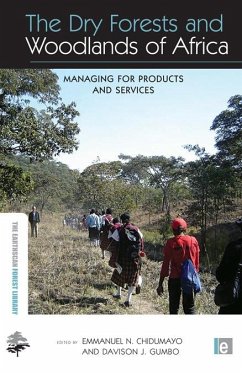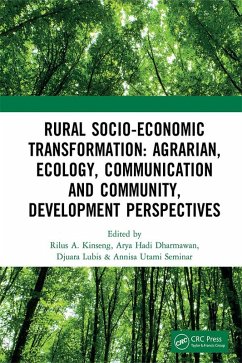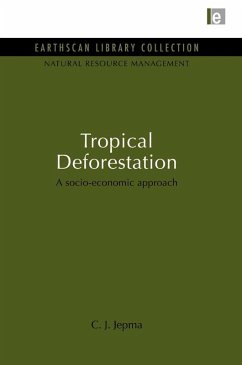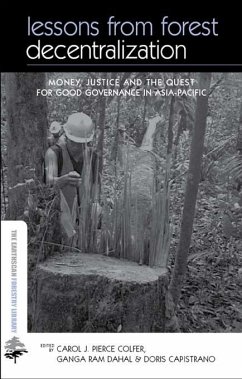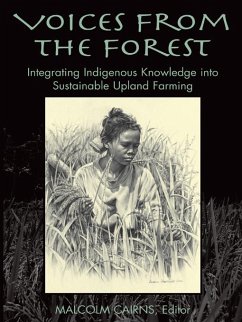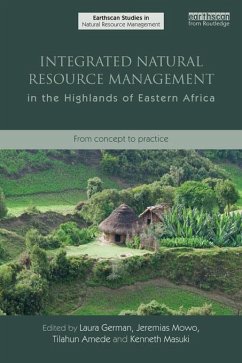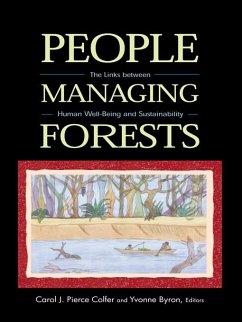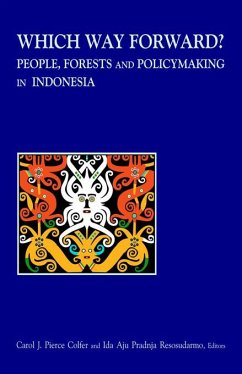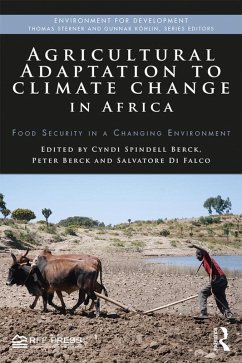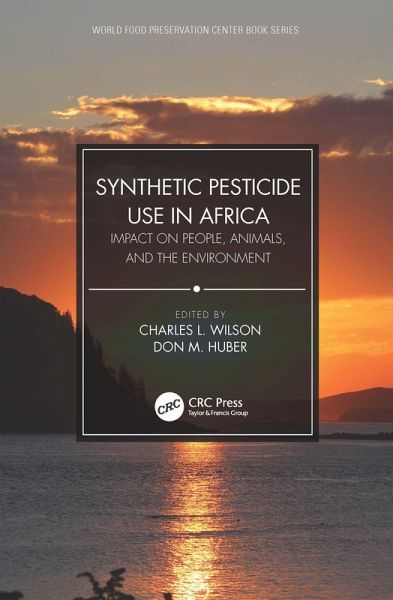
Synthetic Pesticide Use in Africa (eBook, PDF)
Impact on People, Animals, and the Environment
Redaktion: Wilson, Charles L.; Huber, Don M.
Versandkostenfrei!
Sofort per Download lieferbar
69,95 €
inkl. MwSt.
Weitere Ausgaben:

PAYBACK Punkte
35 °P sammeln!
A UN report presented to the UN Human Rights Council in 2017 recognized that, "although pesticide use has been correlated with a rise in food production, it has had catastrophic impacts" on human health and the environment. The report acknowledged that "increased food production has not succeeded in eliminating hunger worldwide because of the many interacting factors involved. Reliance on hazardous pesticides is a short-term solution that undermines the rights to adequate food and health for present and future generations."It is hoped that the knowledge available in Synthetic Pesticide Use in ...
A UN report presented to the UN Human Rights Council in 2017 recognized that, "although pesticide use has been correlated with a rise in food production, it has had catastrophic impacts" on human health and the environment. The report acknowledged that "increased food production has not succeeded in eliminating hunger worldwide because of the many interacting factors involved. Reliance on hazardous pesticides is a short-term solution that undermines the rights to adequate food and health for present and future generations."
It is hoped that the knowledge available in Synthetic Pesticide Use in Africa: Impact on People, Animals, and the Environment will both enlighten the reader to present serious concerns on the use of synthetic pesticides, and motivate society to make the changes necessary for the sustainable production of safe, nutritious, and affordable food for the anticipated 9.6 billion inhabitants of this Earth in 2050.
Key Features:
. Explains the relationship of synthetic pesticides to escalating noncommunicable human and animal diseases in Africa and developing countries.
. Discusses the impact of the herbicide glyphosate on the health of humans, animals, and the environment.
. Reviews the disease causing mode of action of glyphosate and other synthetic pesticides on nutrient density and human and animal bodies.
. Warns of the special vulnerability of children to synthetic pesticide toxicity.
. Recommends needed legal initiatives to use synthetic pesticides more judiciously.
The book is divided into seven (7) sections: I. General Impact, explains the general impact of synthetic pesticides on the African people, their animals, and environment. II. Human Health, covers the impact of synthetic pesticides on the human body, while III, Children's Health, focuses on the special vulnerability of children to synthetic pesticides. IV. Animal Health describes the synthetic pesticide threats to animal production and sustainability. V. Environmental Health presents the threat of synthetic pesticides to soil microbiota and sustainable remediations. VI. Control Strategies discusses biologically-based alternatives to synthetic pesticides. Finally, VII. Reglatory Control presents some legal initiatives to combat the misuse of synthetic pesticides.
It is hoped that the knowledge available in Synthetic Pesticide Use in Africa: Impact on People, Animals, and the Environment will both enlighten the reader to present serious concerns on the use of synthetic pesticides, and motivate society to make the changes necessary for the sustainable production of safe, nutritious, and affordable food for the anticipated 9.6 billion inhabitants of this Earth in 2050.
Key Features:
. Explains the relationship of synthetic pesticides to escalating noncommunicable human and animal diseases in Africa and developing countries.
. Discusses the impact of the herbicide glyphosate on the health of humans, animals, and the environment.
. Reviews the disease causing mode of action of glyphosate and other synthetic pesticides on nutrient density and human and animal bodies.
. Warns of the special vulnerability of children to synthetic pesticide toxicity.
. Recommends needed legal initiatives to use synthetic pesticides more judiciously.
The book is divided into seven (7) sections: I. General Impact, explains the general impact of synthetic pesticides on the African people, their animals, and environment. II. Human Health, covers the impact of synthetic pesticides on the human body, while III, Children's Health, focuses on the special vulnerability of children to synthetic pesticides. IV. Animal Health describes the synthetic pesticide threats to animal production and sustainability. V. Environmental Health presents the threat of synthetic pesticides to soil microbiota and sustainable remediations. VI. Control Strategies discusses biologically-based alternatives to synthetic pesticides. Finally, VII. Reglatory Control presents some legal initiatives to combat the misuse of synthetic pesticides.
Dieser Download kann aus rechtlichen Gründen nur mit Rechnungsadresse in A, B, BG, CY, CZ, D, DK, EW, E, FIN, F, GR, HR, H, IRL, I, LT, L, LR, M, NL, PL, P, R, S, SLO, SK ausgeliefert werden.





